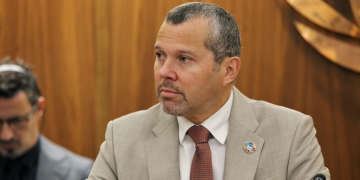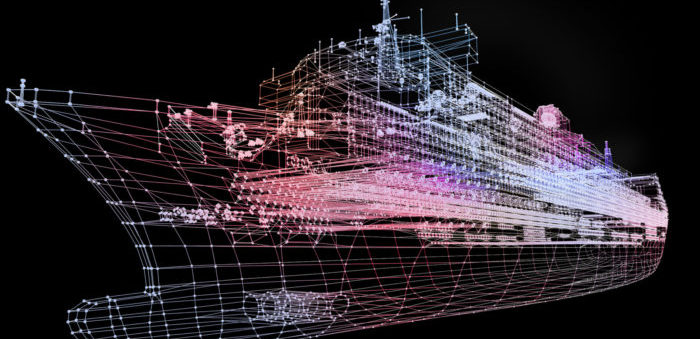NAPA, alongside ClassNK, and MOL, announced that the software they have been collaborating on to monitor and mitigate grounding risks has been verified as successful in its proof-of-concept stage.
Following the proof-of-concept stage, MOL, NAPA and ClassNK have agreed to the joint further development for a comprehensive navigational risk monitoring system.
The grounding risk monitoring system, NAPA Fleet Intelligence, combines data sources, such as position data, sea depth and navigational charts, to provide an accurate fleet-wide platform to reduce grounding risk.
The system also provides carefully calculated alerts and notifications to crew onboard, as well as those onshore if vessels operate in a high-risk way, aiming to improve ship-shore connectivity as well as response time.
The development of the vessel grounding risk monitoring system could help reduce future grounding incidents and increase the shipping industry’s safety standards.
In the proof-of-concept stage, in collaboration with MOL, NAPA tested algorithms and warning mechanisms by using them to analyse historical vessel movements, proving that the system would have been able to mitigate against any past incidents in this sample.
Based on the results of the proof of concept, an integrated risk monitoring system for operation, including monitoring of stranding, is also being developed. The new system will monitor risk factors such as the formation of volatile or unpredictable weather on a vessel’s given route. Additional technologies to monitor risk while anchored or moored are also currently being developed.
Commenting on the collaboration, Satoshi Fujii, General Manager of MOL’s Smart Shipping Division, said:
We are very pleased with the results of the proof-of-concept stage of the vessel grounding risk monitoring software, in collaboration with NAPA and ClassNK



























































